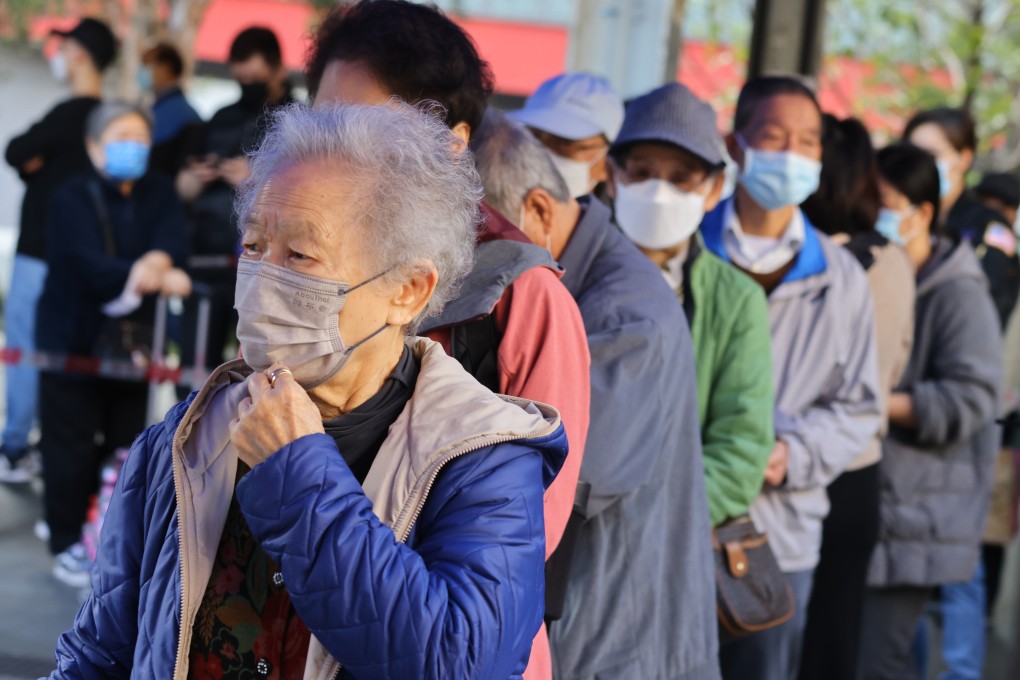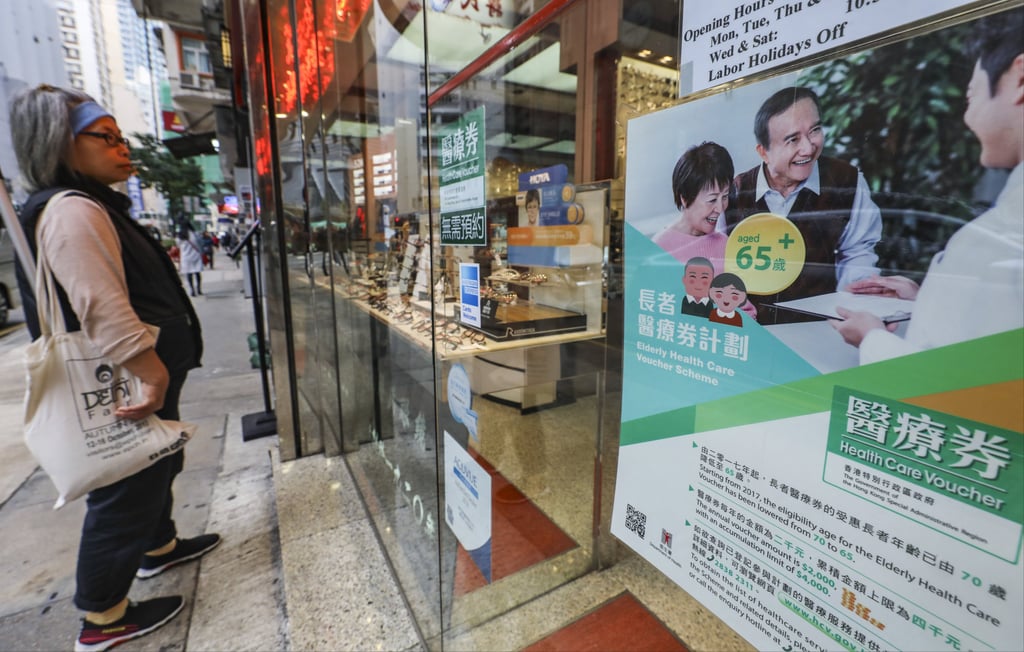Opinion | To improve Hong Kong’s primary health care, get Hongkongers involved
- A recent Covid-19 lockdown and the health care voucher scheme for the elderly are examples of well-intentioned but not well-thought-out health measures
- The fragmentation of health services in Hong Kong suggests the need to empower residents to navigate the health system

As the authorities rush to address these grievances, we must remember that Band-Aid solutions are not enough. Instead, the policymaking process should be improved to involve thorough consideration for citizens’ needs every step of the way, well before the policy is implemented.
Take the health care voucher scheme for the elderly, for example. This is a public-private partnership programme to incentivise the elderly population to use primary care services in the private sector. It has been long reported that usage of the voucher is misaligned with the programme’s good intentions.
Government figures show that in 2019, 68 per cent of seniors used the voucher for acute episodic conditions, in contrast with 42 per cent for preventive care; and the figure for preventive care was a modest improvement on 36 per cent in 2017.

As a 2019 government report noted, televised announcements and posters on proper usage of the voucher have not translated into a significantly improved understanding among the target demographic of the primary care services that can be assessed through the scheme.

